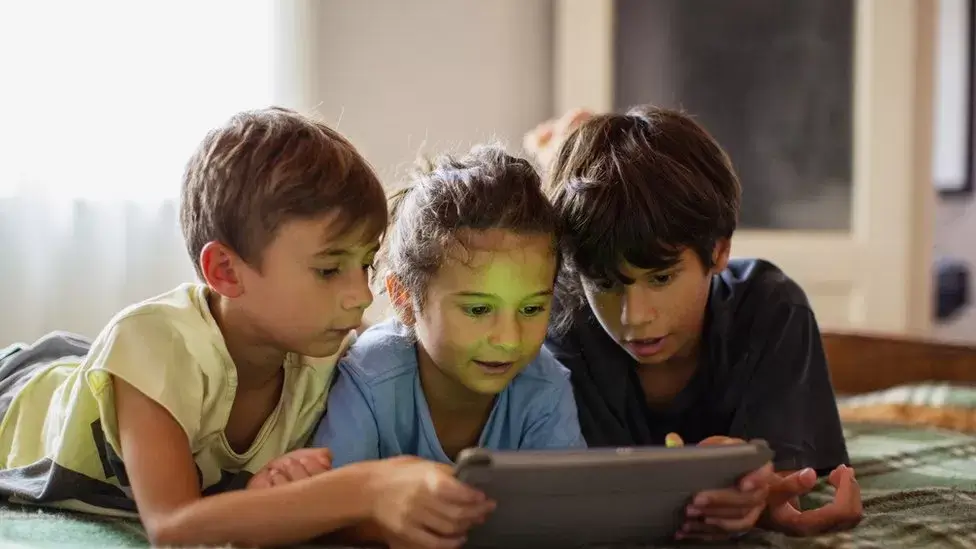In the wake of the Israel-Gaza war, numerous Jewish parents have received unsettling advisories from schools, urging them to take drastic measures to safeguard their children from the distressing realities of the conflict. Particularly alarming are concerns about the potential circulation of hostage videos, a chilling prospect that has prompted some educational institutions to advocate for the removal of social media apps from their students’ phones.
This cautionary approach is not confined to Israel alone; it has reverberated across oceans, reaching concerned parents in the United States and the United Kingdom. With TikTok and Instagram under the spotlight, parents have been sternly warned about the psychological impact such graphic content can have on impressionable minds. Disturbing footage depicting civilian casualties and unimaginable horrors has inundated social media platforms, compelling schools in Tel Aviv to actively communicate this message to parents, emphasizing the urgent need for action.
In the United States, a New Jersey school took a proactive stance, directly instructing parents to advocate for their children to delete social media apps. The urgency of this situation was underscored by an email sent to parents, citing guidance from local psychologists and Israeli government recommendations. Meanwhile, a school in New York adopted a more measured approach, encouraging parents to actively engage with their children, monitor their social media usage, and facilitate discussions on how to navigate distressing content.
Similar concerns echoed across the Atlantic in the United Kingdom, where Jewish schools found themselves grappling with the delicate balance between allowing students their digital freedoms and protecting them from traumatic online experiences. One prominent Jewish school in the UK, acknowledging the pervasive nature of social media in students’ lives, emphasized the importance of open communication. Instead of an outright ban, parents were urged to initiate conversations with their children, addressing the disturbing content they might encounter online.
This global initiative to shield young minds from the harsh realities of conflict was further amplified when the UK’s technology secretary intervened. Engaging with social media giants such as Google, Meta, X, TikTok, and Snapchat, she demanded clarity regarding their strategies for swiftly removing illegal and distressing material. The urgency of her inquiry reflects the gravity of the situation, compelling these platforms to articulate concrete action plans and safeguards.
In this era of digital interconnectedness, parents find themselves grappling with the unprecedented challenge of preserving their children’s innocence in an increasingly complex world. As the Israel-Gaza conflict continues to unfold, the collective efforts of schools, parents, and regulatory authorities underscore the need for vigilance and open dialogue, ensuring that the young generation is shielded from the traumatic visuals that can scar their minds.





